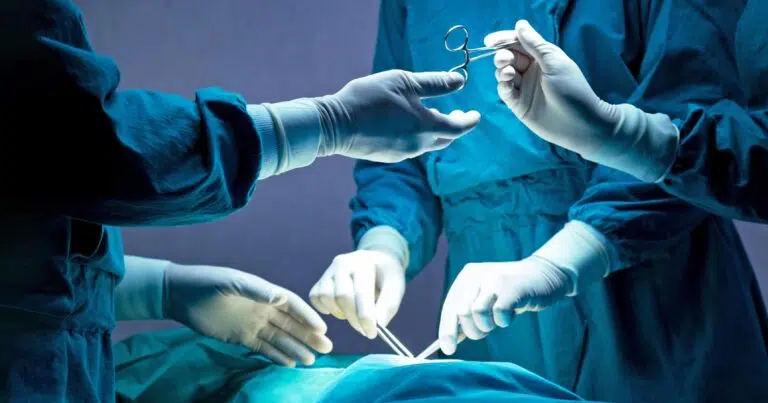Special Procedures Technologist Career Guide
Looking for a different career guide?
Overview
Special Procedures Technologists are vital members of the healthcare team who specialize in performing advanced medical imaging procedures. These professionals play a critical role in diagnosing and treating a variety of conditions, including cardiovascular diseases, by utilizing specialized imaging equipment and techniques. Special Procedures Technologists assist physicians in performing intricate procedures that often involve the use of catheters,
Education
To embark on a career as a Special Procedures Technologist, you typically need an associate's degree in Radiologic Technology or a related field. The length of study is usually around two years. Numerous colleges, universities and technical schools offer accredited programs that provide a solid foundation in radiologic sciences and patient care.
Qualifications

Skills
Staff and Travel Special Procedures Technologists need a diverse skill set to excel in their roles. Technical proficiency in operating specialized imaging equipment, such as fluoroscopy and angiography systems, is crucial. They must also have a deep understanding of anatomy, medical terminology and patient positioning. Attention to detail, problem-solving skills and the ability to remain calm under pressure
Responsibilities
The primary responsibilities of Special Procedures Technologists include preparing patients for procedures, assisting physicians during intricate interventions, operating specialized imaging equipment and ensuring patient safety throughout the process. They administer contrast agents when needed and provide emotional support to patients undergoing sometimes uncomfortable procedures. Documentation and maintaining accurate records of procedures are also part of their role.
Salary Insights
The average salary for a Special Procedures Technologist is $2,659.95 per week.
Last updated on December 21, 2025. Based on active jobs on Vivian.com.
Pros & Cons
Special Procedures Technologists, also known as critical role players, are instrumental in the diagnosis and treatment of complex medical conditions. They work in various healthcare settings, such as hospitals, specialized clinics, and outpatient centers, making their job both challenging and diverse. These professionals have opportunities for specialization and career advancement within the field. Their work has a significant impact on
Some of the content on this page was enhanced using artificial intelligence.
Join over 1 million healthcare workers that are getting a head start with Vivian.
Join Vivian





